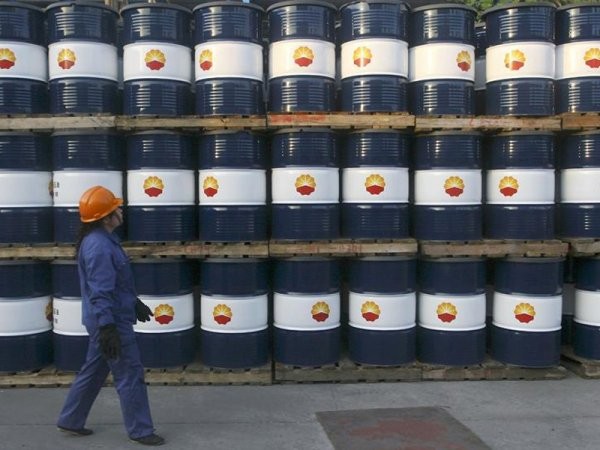China increased the consumption tax on all oil products in an effort to reduce smoke emission and to encourage clean energy usage. The new tax rule took effect on Saturday, Nov. 29.
The tax increase is China's first after a preceding increase in 2009, according to a joint announcement from top taxation and finance departments.
Beginning Saturday, consumption tax on gasoline will increase to 1.12 yuan from 1 yuan per liter. Consumption tax on diesel will also increase to 0.94 yuan per liter from 0.8 yuan, the State Administration of Taxation and the Ministry of Finance said.
The adjustment on the consumption tax is expected to counteract the recent price drop of crude oil in the global market.
A Friday announcement from top economic watchdog National Development and Reform Commission said that it will be keeping the fuel prices at the present levels, which will offset the global market forecasts for the ninth price drop since July.
The consumption tax increase covers other petroleum-based goods such as jet fuel, lubricating oil and naptha. Some products such as ethyl alcohol, tires, and small-displacement motorcycles were excluded from the tax to support low and middle-income sectors.
In 2009, China started fuel levy and pricing reforms, which lifted the consumption tax while adapting a pricing system that is connected to the global market.
The consumption tax was first implemented in 1994 on consumer products that required high amounts of energy and pollution to regulate production and promote environment protection while implementing a sustainable growth model for the economy.
More than 10 nations including France, Australia and Russia have also increased consumption tax on oil products since 2012 to promote green economy.



























